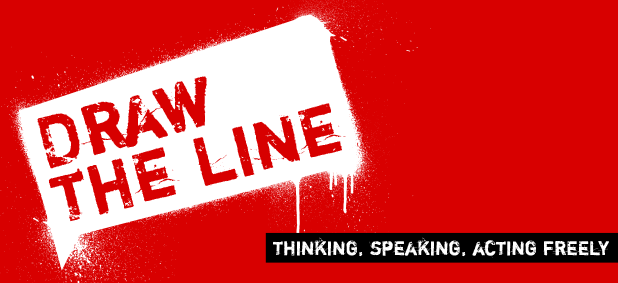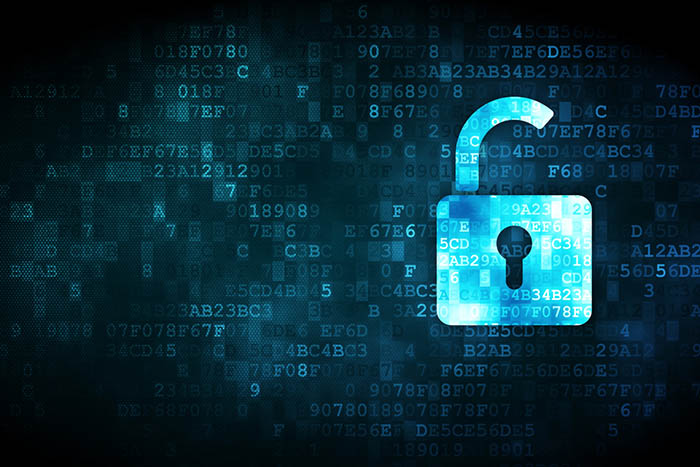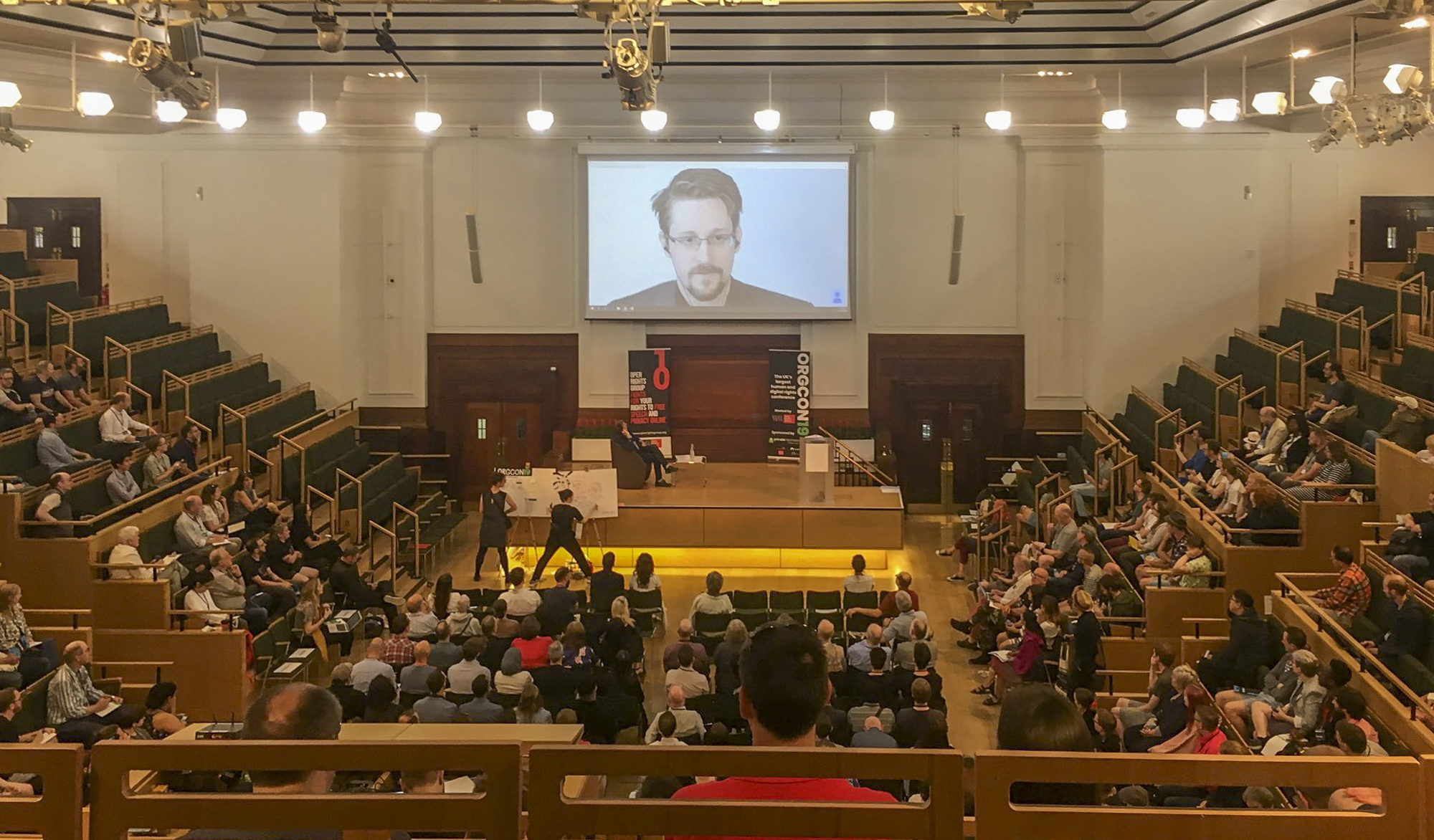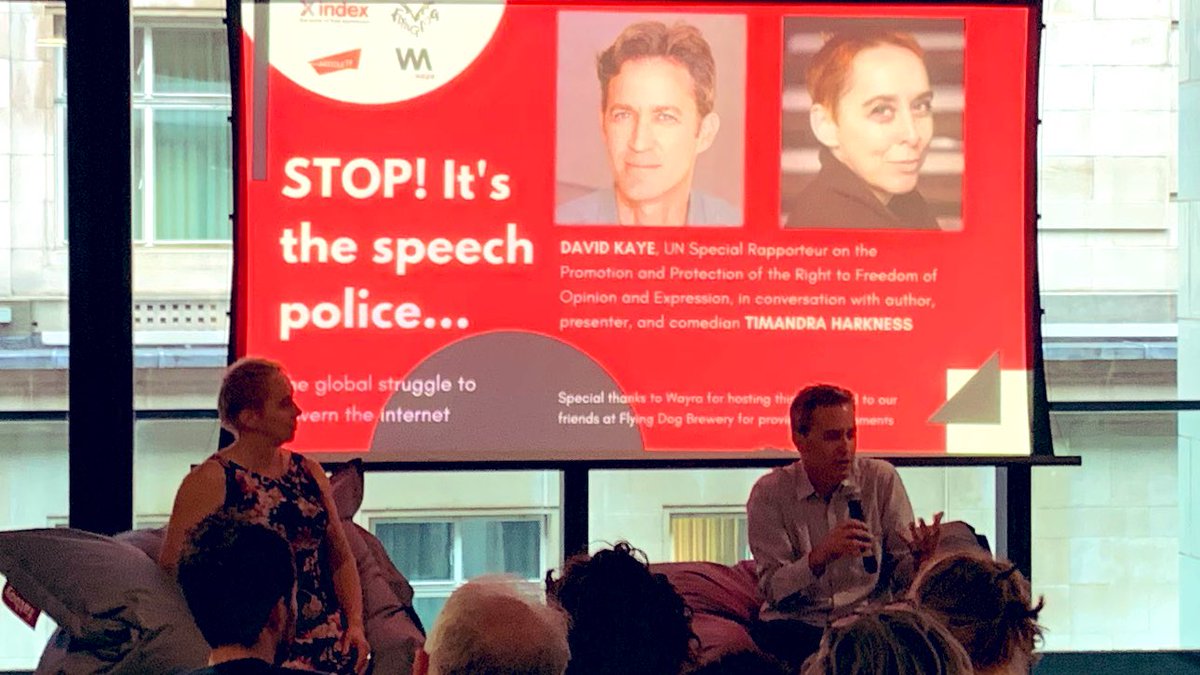Former NSA contractor Edward Snowden attempted to explain mass surveillance through a conversation around dick pics during an interview with John Oliver on Last Week Tonight, a satirical current affairs show aired by American network HBO.
“Even if you sent it to somebody within the United States, your wholly domestic communication between you and your wife can go from New York to London and back and get caught up in the database,” Snowden said in the interview, conducted in his temporary residence in Russia after the United States cancelled his passport for leaking details about NSA domestic spying in June 2013.
The elimination of complicated terminology in the discussion has allowed us to understand that although emails sent between Gmail accounts are encrypted and unidentifiable to outsiders as they move from Google’s data centres in the US and across the world, in reality the racy pictures embedded in these emails can actually be stored in several data centres worldwide as a way to provide backups in case one centre fails.
These encryption techniques have been around since 1991, when hacker Philip Zimmermann uploaded a free encryption program called Pretty Good Privacy – better known today as PGP – to the internet. Using a form of cryptography developed in the 1970s known as public-key cryptography, users are given a public key that can be shared which encrypts messages that are sent to them, and another one they keep private to decrypt messages they receive.
As public-key cryptography was generally reserved for military and government use prior to the release of PGP, the availability of these advanced encryption algorithms to the general public was a significant step in the realm of free expression at the time. But while web-based communication has become part of daily life, the average citizen is only beginning to grapple with the idea of mass surveillance let alone the tools associated with it.
Should individuals accept the surveillance environment, allowing – for example – government officials to obtain personal photographs shared between two consenting adults through a corporate service, as raised by Snowden?
Just months before Snowden blew the whistle, India began implementing a Centralised Monitoring System in April 2013 to monitor all phone and internet communications in the country. Following his disclosures on mass US secret surveillance programs, other governments around the world such as Brazil and Russia began debating on how to pressure companies to store user data locally. During this period, Turkey began drafting new regulations that would make it easier to get data from internet companies following the eruption of Gezi Park protests.
To what extent is it possible to escape everyday surveillance amidst these developments and how would this affect our communications? And even if technological advancement brings us newer tools providing stronger privacy protection, where should governments draw a line in monitoring what we share with friends and family?
Join the discussion on twitter with #IndexDrawTheLine





